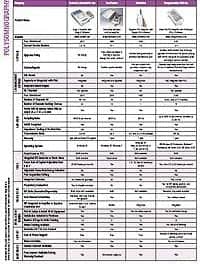
Prescription sleep aids and other prescription medications can interfere with much-needed sleep, reports the December 2012 Harvard Health Letter.
Sleep is essential to good health, and a lack of it can lead to heart disease, high blood pressure, stroke, weight gain, and diabetes. Yet one in five Americans struggle with insomnia every night, according to the National Sleep Foundation. “Prescription drugs can be a serious problem,” says sleep expert Dr Lawrence Epstein, an instructor in medicine at Harvard Medical School.
Some prescription sleep aids, when taken for long periods of time, become less effective and actually interfere with sleep.
Other types of prescription medications may also interfere with sleep. Some contain stimulants that make it difficult to fall asleep. Others—like steroids, antidepressants, and some medicines for migraine, heart disease, and allergies—can wake you with nausea, night sweats, or needing to go to the bathroom.





